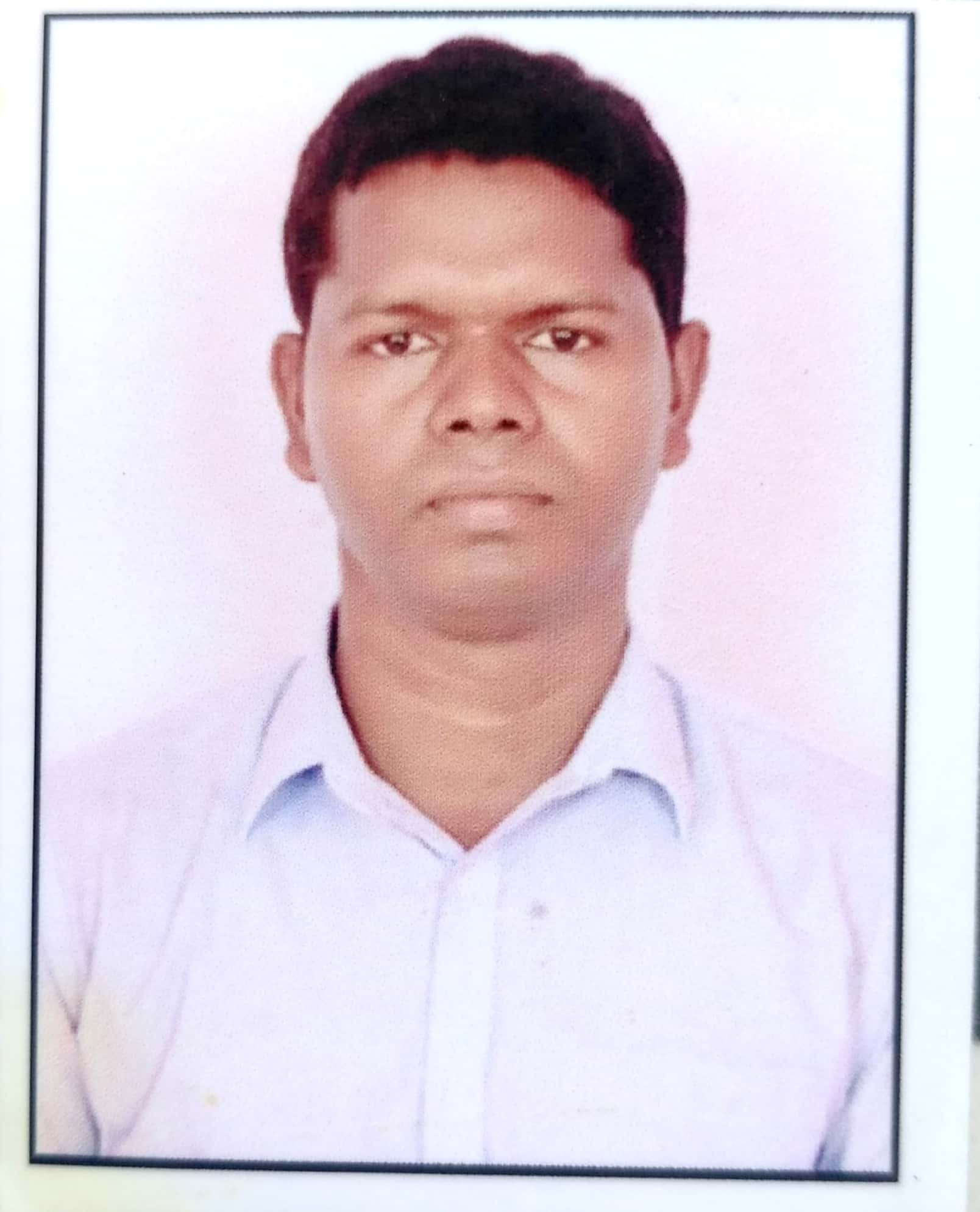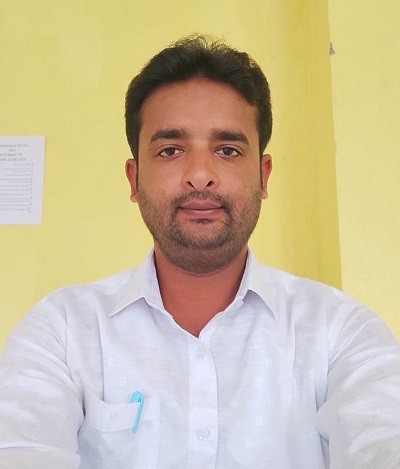
Department of Computer Science and Engg
Head of the Department: Kashray Kishan Chapeyar
| Designation | Sr. Lecturer(Comp. Sc. & Engg.) in Computer Science and Engg |
| Qualification | B.Tech. Comp. Sc |
| Contact No | 9494505883 |
| kkchapeyar@gmail.com |
The institute offers three-year diploma program in Computer Science & Engineering from 2023 with annual intake capacity of 30. The program is affiliated to AICTE, New Delhi and SCTE & VT, Odisha, Bhubaneswar. Usually, students get admission after 10 th for three-year program but +2 Science/+2 vocational/ 10+ITI pass out students can get admission through lateral entry during second year of the program.
The Department of Computer Science Engineering at our Institution has been trying it’s best to prepare Diploma holders in Computer Science and Engineering to meet the ever-growing needs and challenge of the software/IT industry. The Department has experienced faculties which aims to provide qualitative education to the students.
The career scope for individuals with a Diploma in Computer Science is diverse, and it can lead to positions in various industries, including IT industry, government organizations, healthcare, finance, and more. Students can pursue higher studies in B.Tech in Computer Science & Engineering or any equivalent program through lateral entry after successful completion of the program.
Students can also become an entrepreneur in area computer domain to lead a dignified life with ethical and moral values to serve the society and nation.
- M1: To provide strong fundamentals and technical skills through effective teaching learning methodologies.
- M2: To provide exposure to students to the latest tools and technologies in the area of computer hardware, networking and software.
- M3: To empower the students by nurturing ethical values, creativity and novelty to become entrepreneurs.
- M4: To inculcate problem solving and team building skills and promote lifelong learning with a sense of societal and ethical responsibilities.
- PEO1: Excel in professional career and ability to apply technical skills to identify and solve real world engineering problems effectively.
- PEO2: Develop professional skills for immediate employment, higher studies and for life- long learning in advanced areas of computer science and related fields.
- PEO3: Create entrepreneur with professionalism, leadership quality, teamwork, and ethical values to meet the societal needs.
- PO1: Engineering knowledge: Apply the knowledge of mathematics, science, engineering fundamentals, and an engineering specialization to the solution of complex engineering problems.
- PO2: Problem analysis: Identify, formulate, review research literature, and analyze complex engineering problems reaching substantiated conclusions using first principles of mathematics, natural sciences, and engineering sciences.
- PO3: Design /development of solutions: Design solutions for complex engineering problems and design system components or processes that meet the specified needs with appropriate consideration for the public health and safety, and the cultural, societal, and environmental considerations.
- PO4: Conduct investigations of complex problems: Use research-based knowledge and research methods including design of experiments, analysis and interpretation of data, and synthesis of the information to provide valid conclusions.
- PO5: Modern tool usage: Create, select, and apply appropriate techniques, resources, and modern engineering and IT tools including prediction and modeling to complex engineering activities with an understanding of the limitations.
- PO6: The engineer and society: Apply reasoning informed by the contextual knowledge to assess societal, health, safety, legal and cultural issues and the consequent responsibilities relevant to the professional engineering practice.
- PO7: Environment and sustainability: Understand the impact of the professional engineering solutions in societal and environmental contexts, and demonstrate the knowledge of, and need for sustainable development.
- PO8: Ethics: Apply ethical principles and commit to professional ethics and responsibilities and norms of the engineering practice.
- PO9: Individual and team work: Function effectively as an individual, and as a member or leader in diverse teams, and in multidisciplinary settings.
- PO10: Communication: Communicate effectively on complex engineering activities with the engineering community and with society at large, such as, being able to comprehend and write effective reports and design documentation, make effective presentations, and give and receive clear instructions.
- PO11: Project management and finance: Demonstrate knowledge and understanding of the engineering and management principles and apply these to one’s own work, as a member and leader in a team, to manage projects and in multidisciplinary environments.
- PO12: Life-long learning: Recognize the need for, and have the preparation and ability to engage in independent and life-long learning in the broadest context of technological change.
- PSO1: Students should be able to develop and implement the solution of real-life computing problems adapting the emerging technologies and tools.
- PSO2: Ability to analyze, design, implement, and test software systems based on requirement specifications and development methodologies of software systems.


